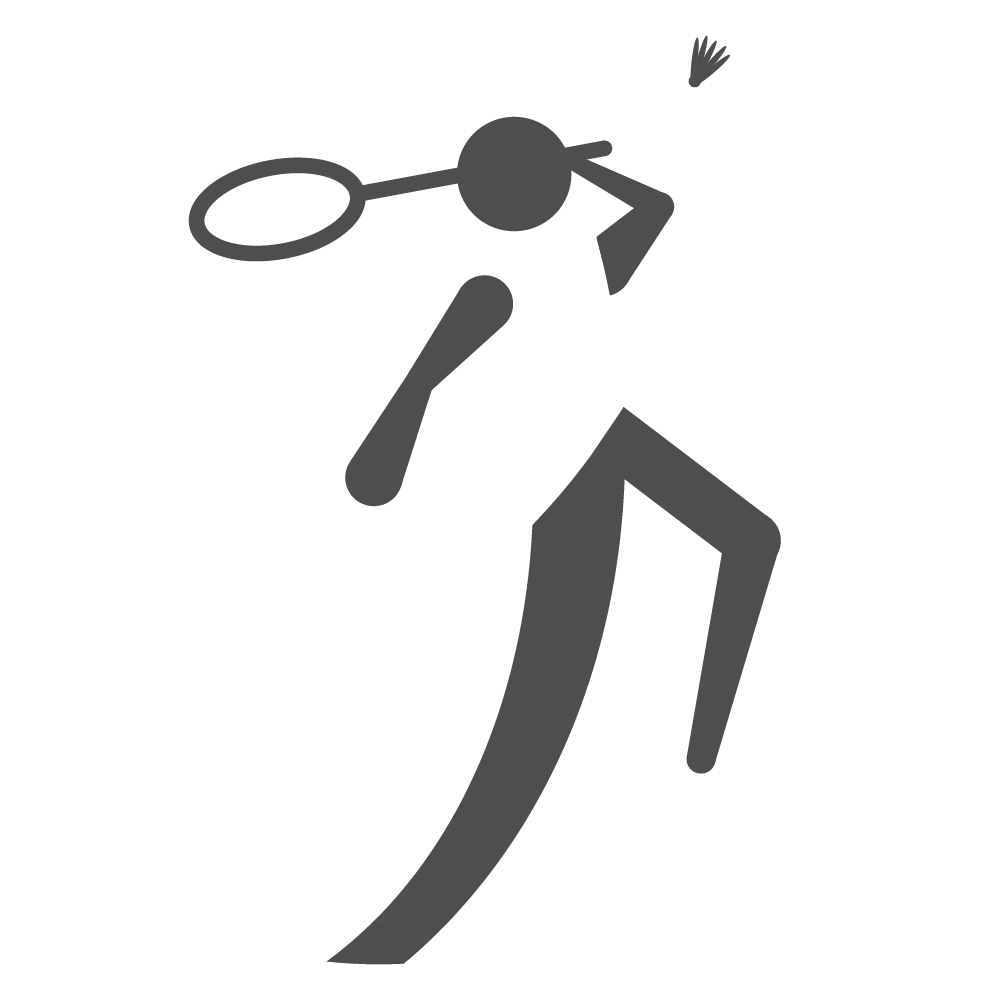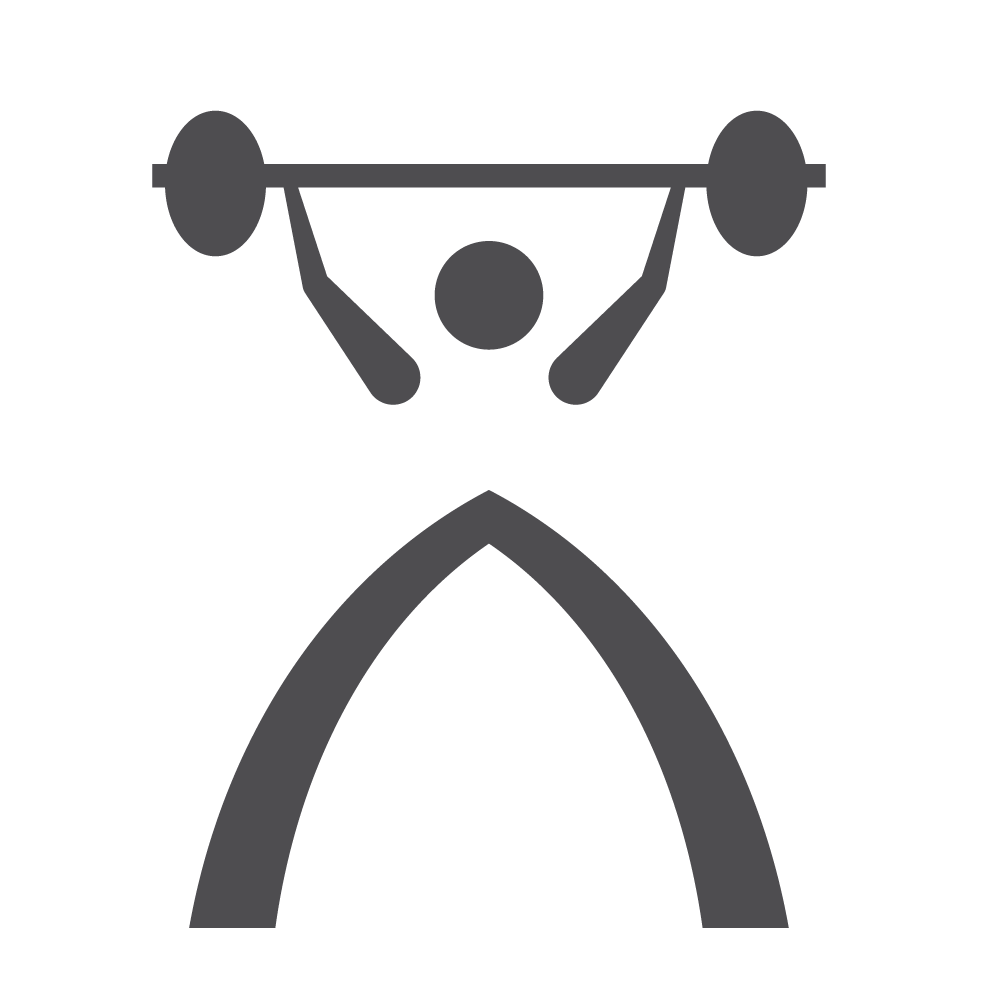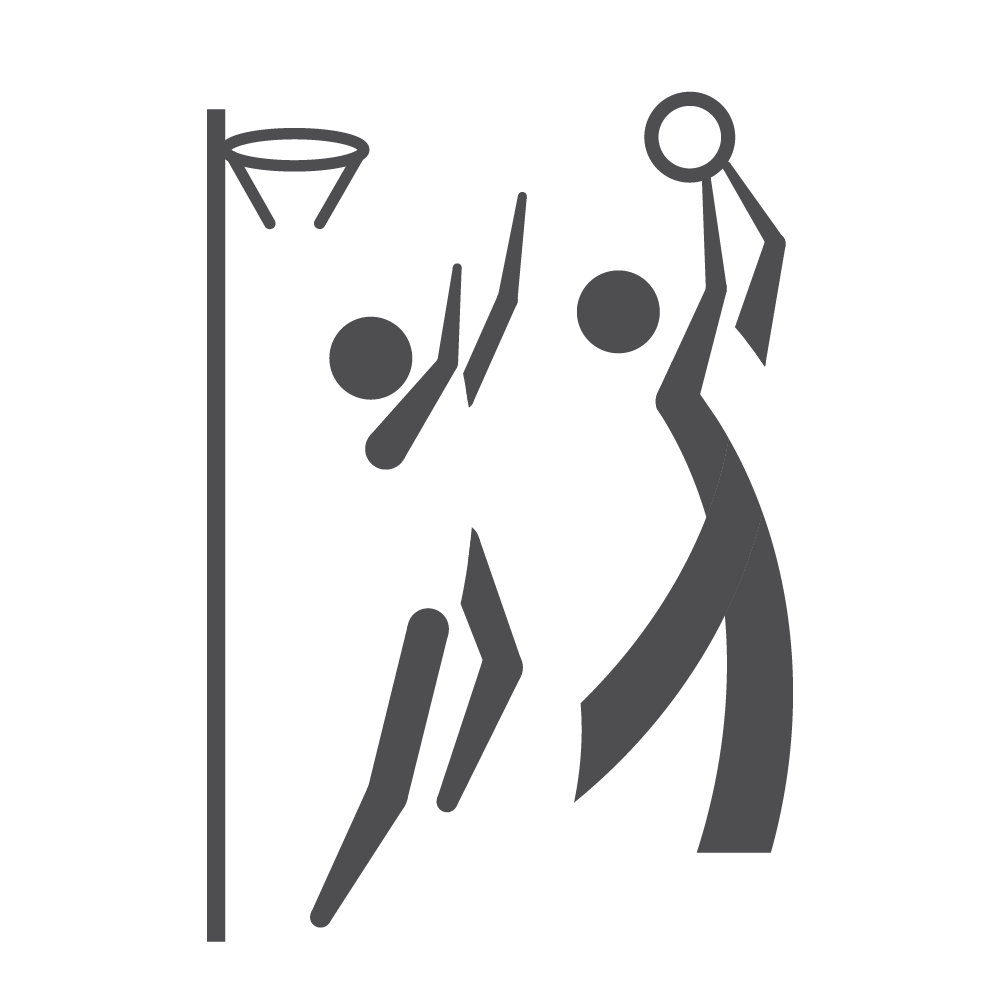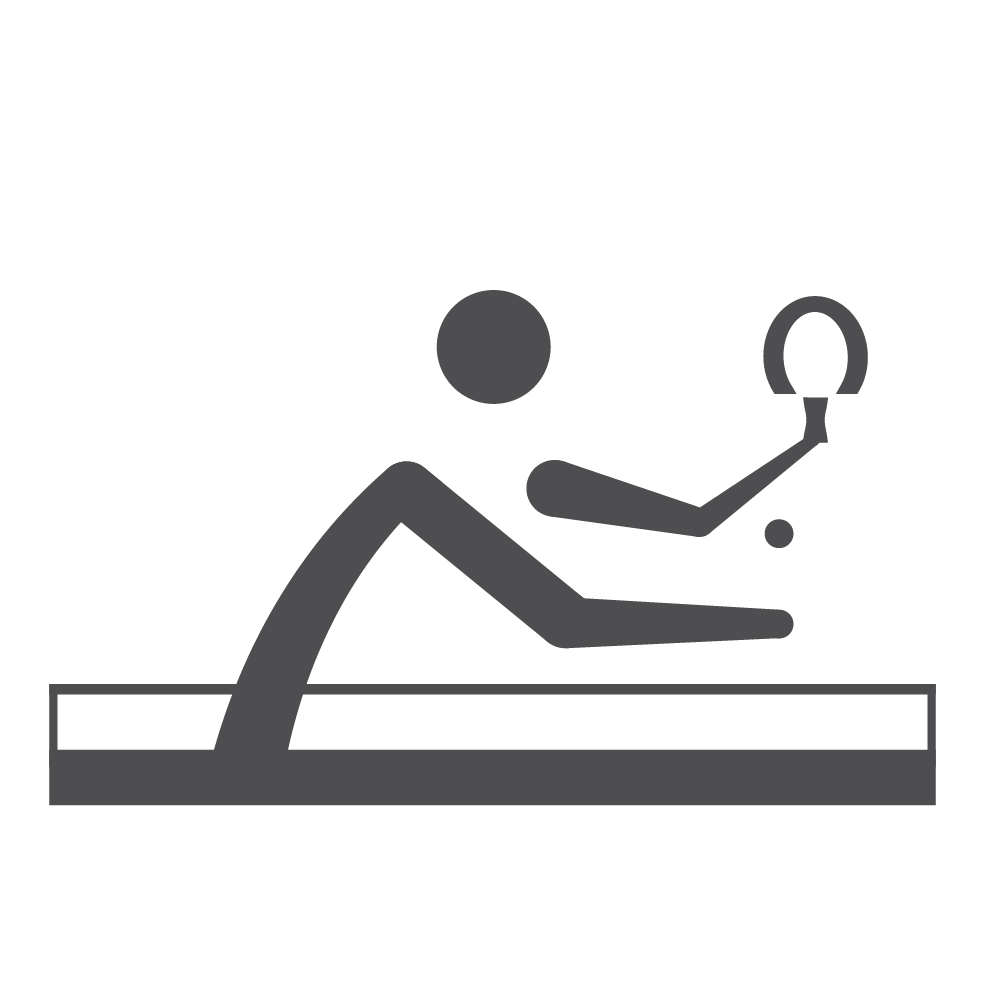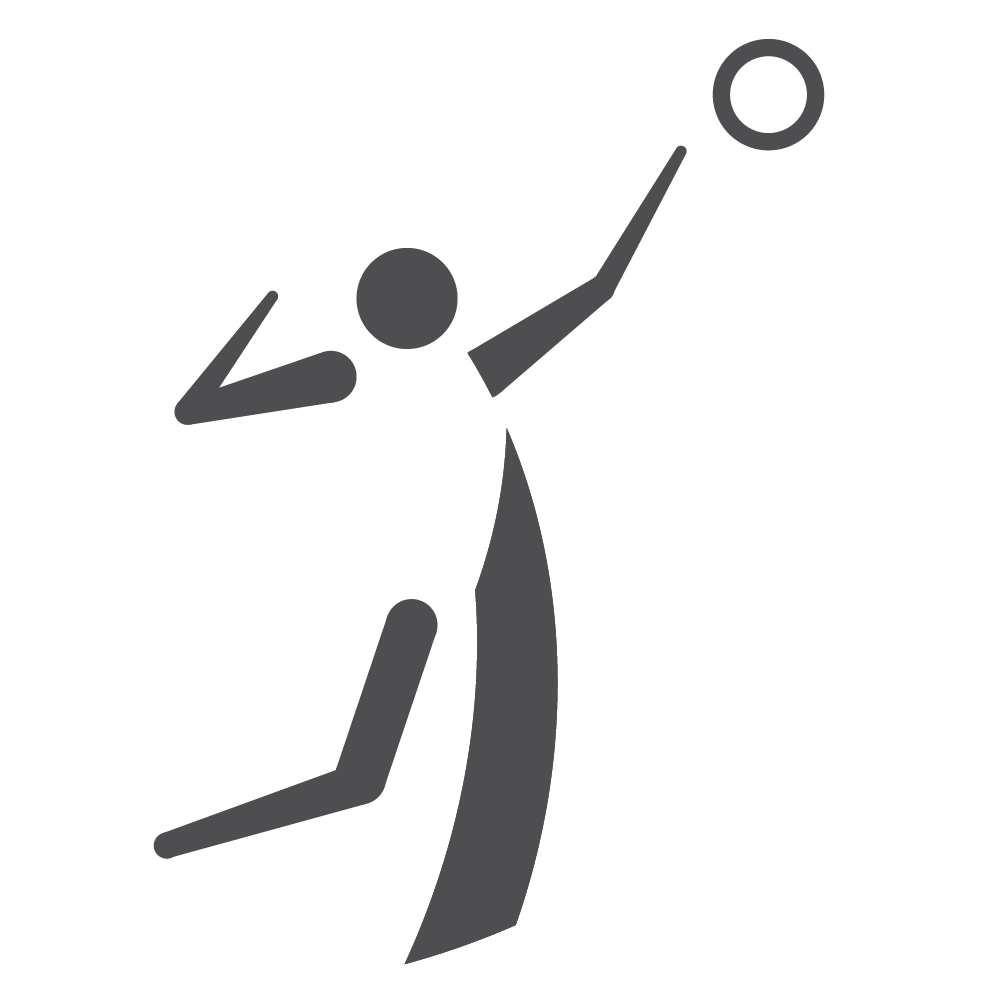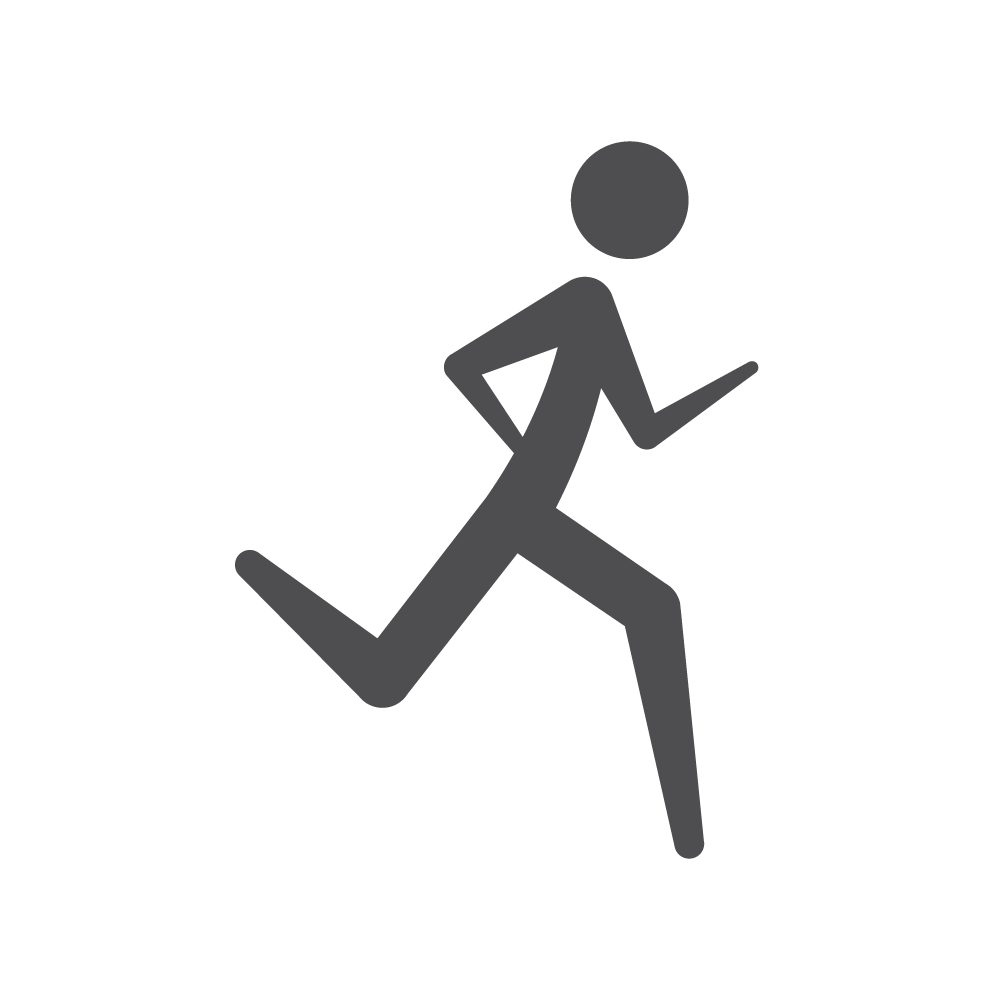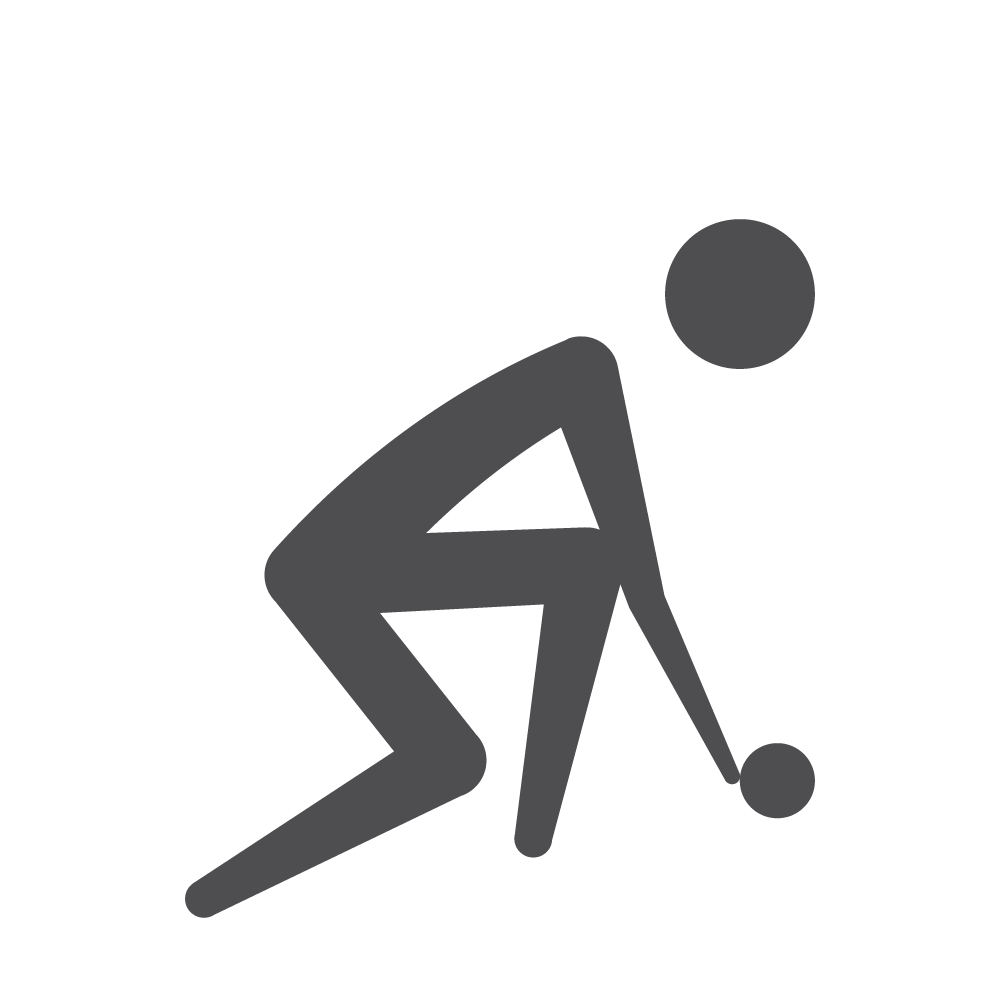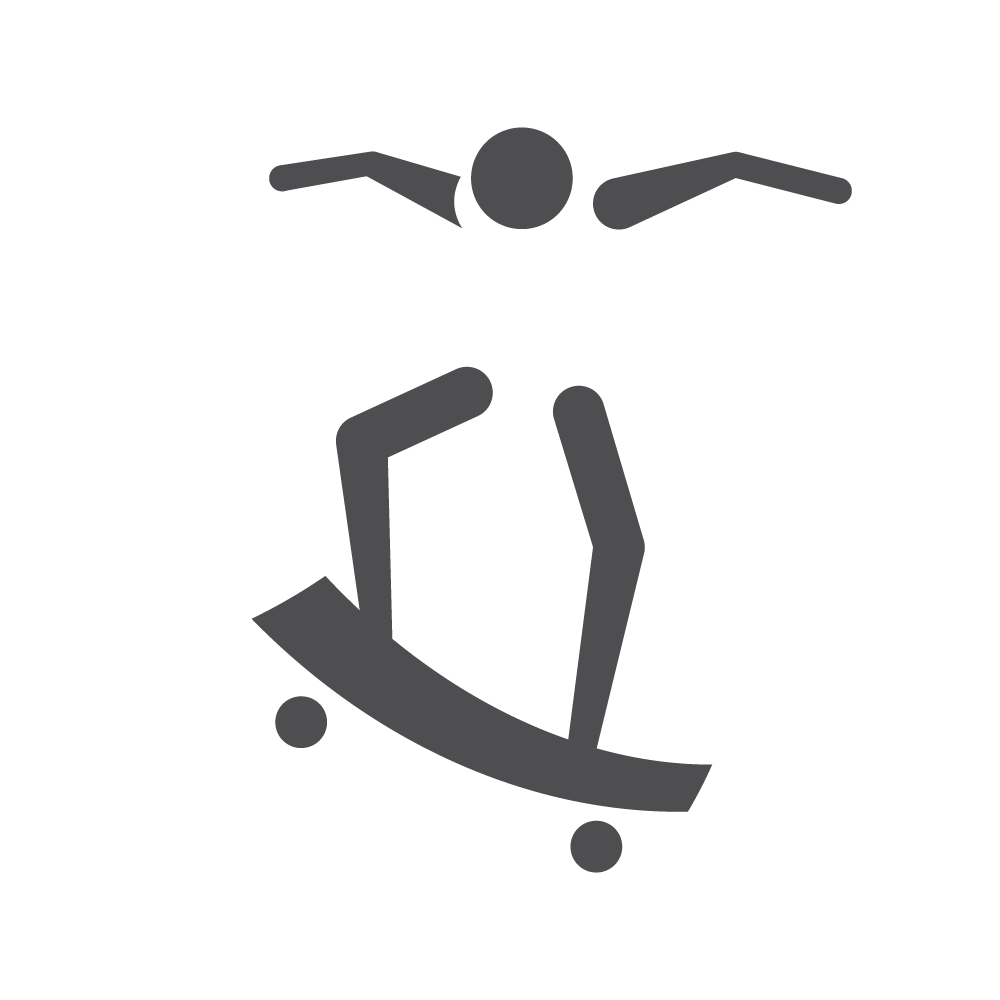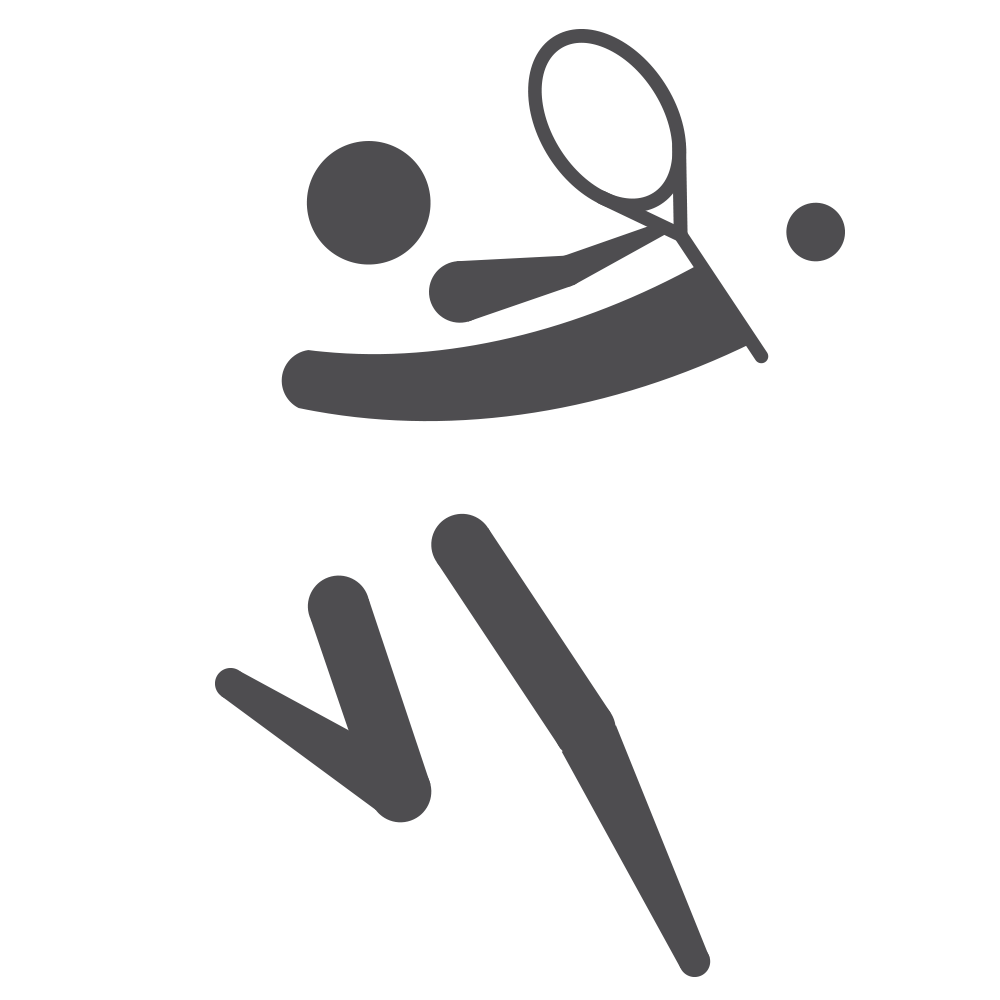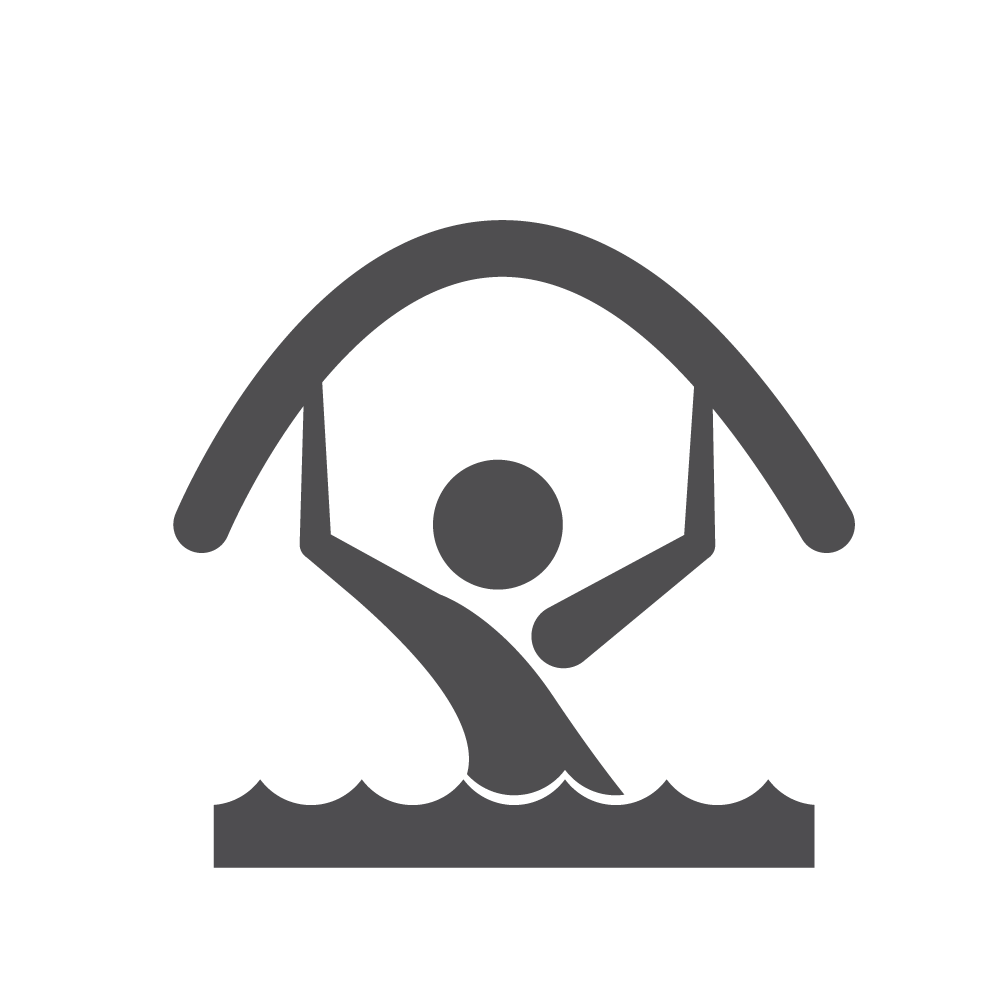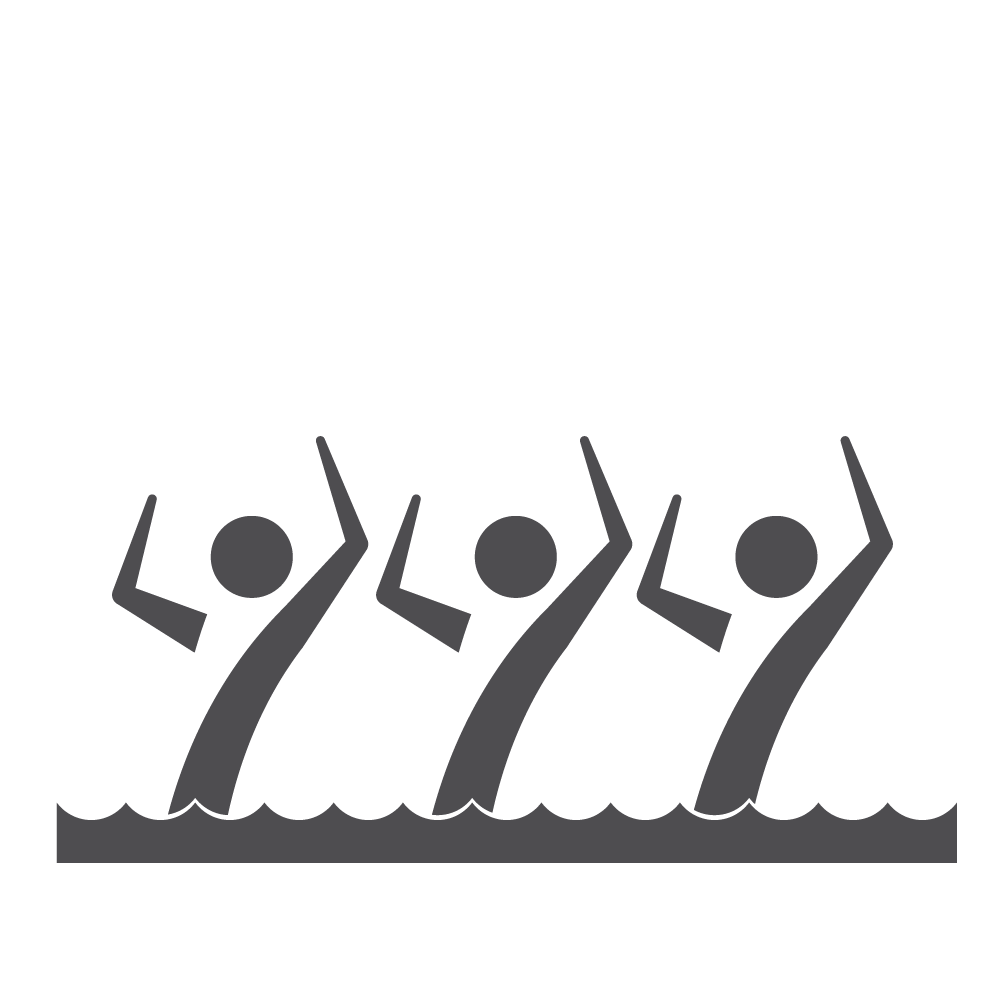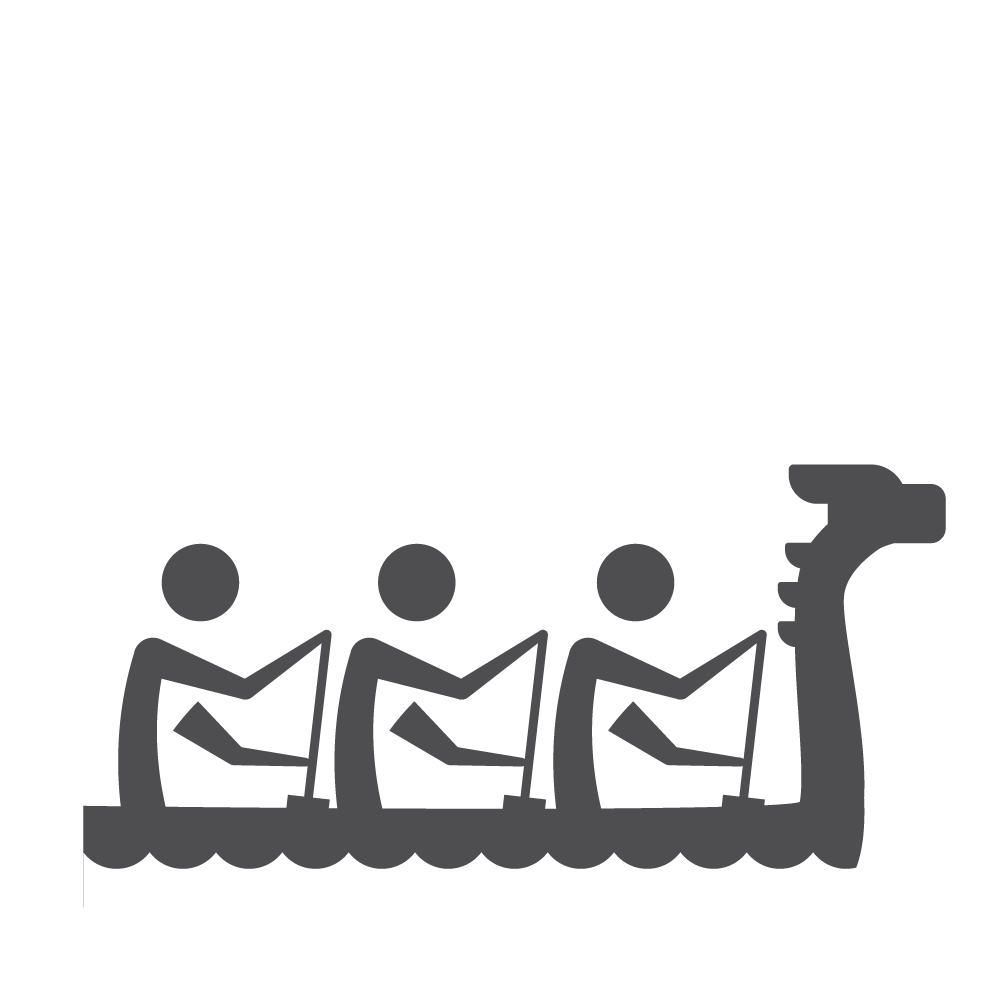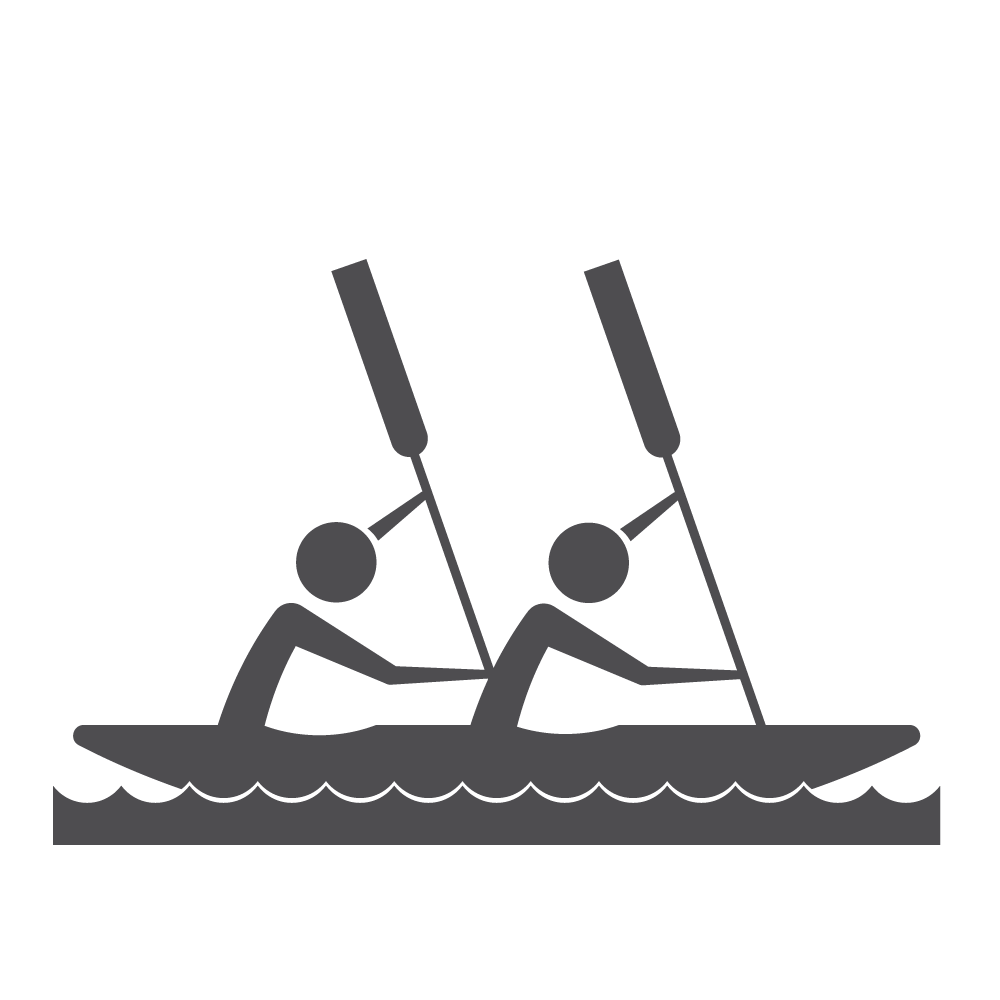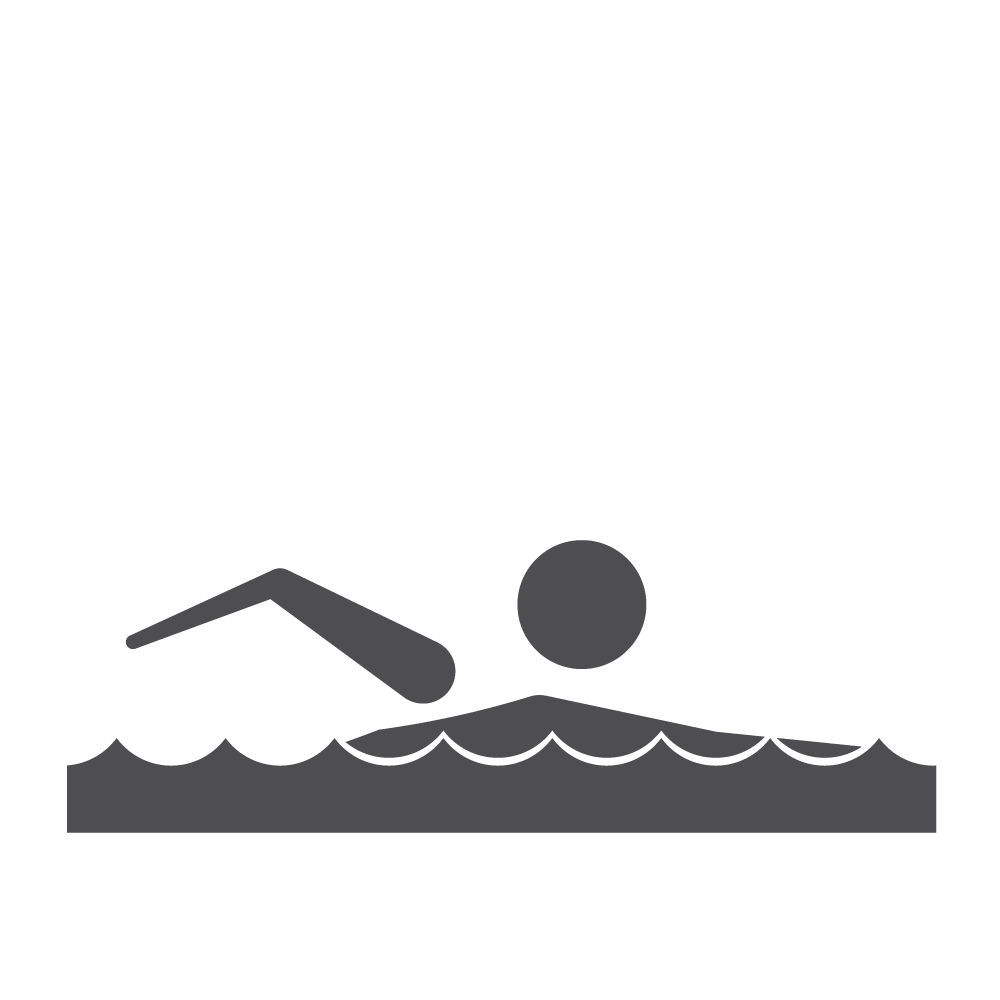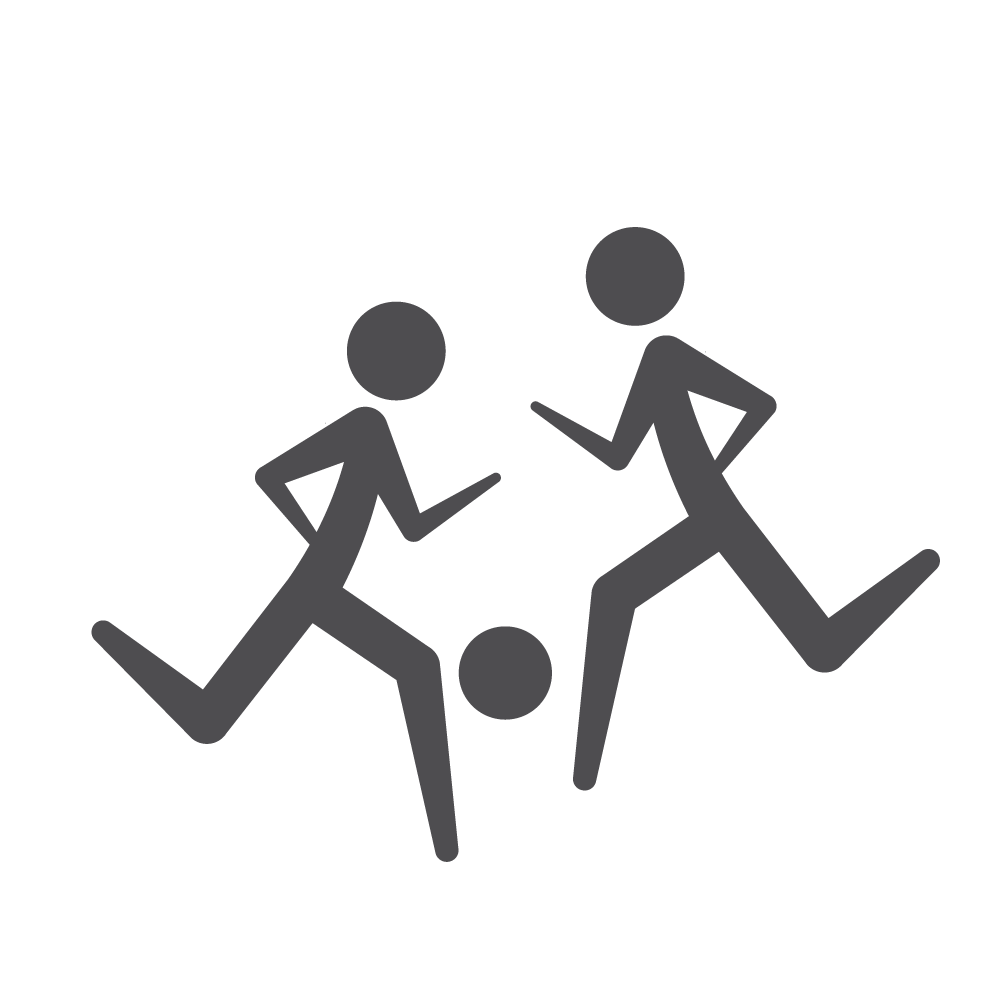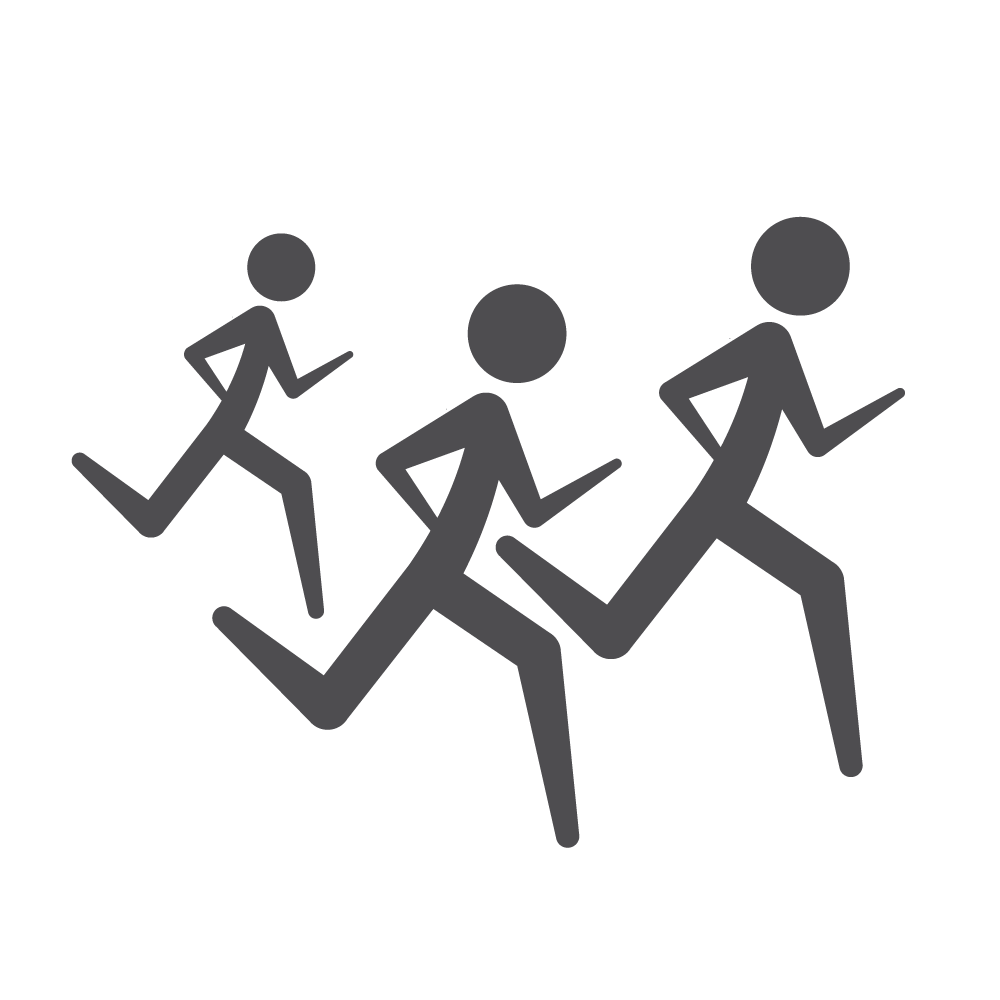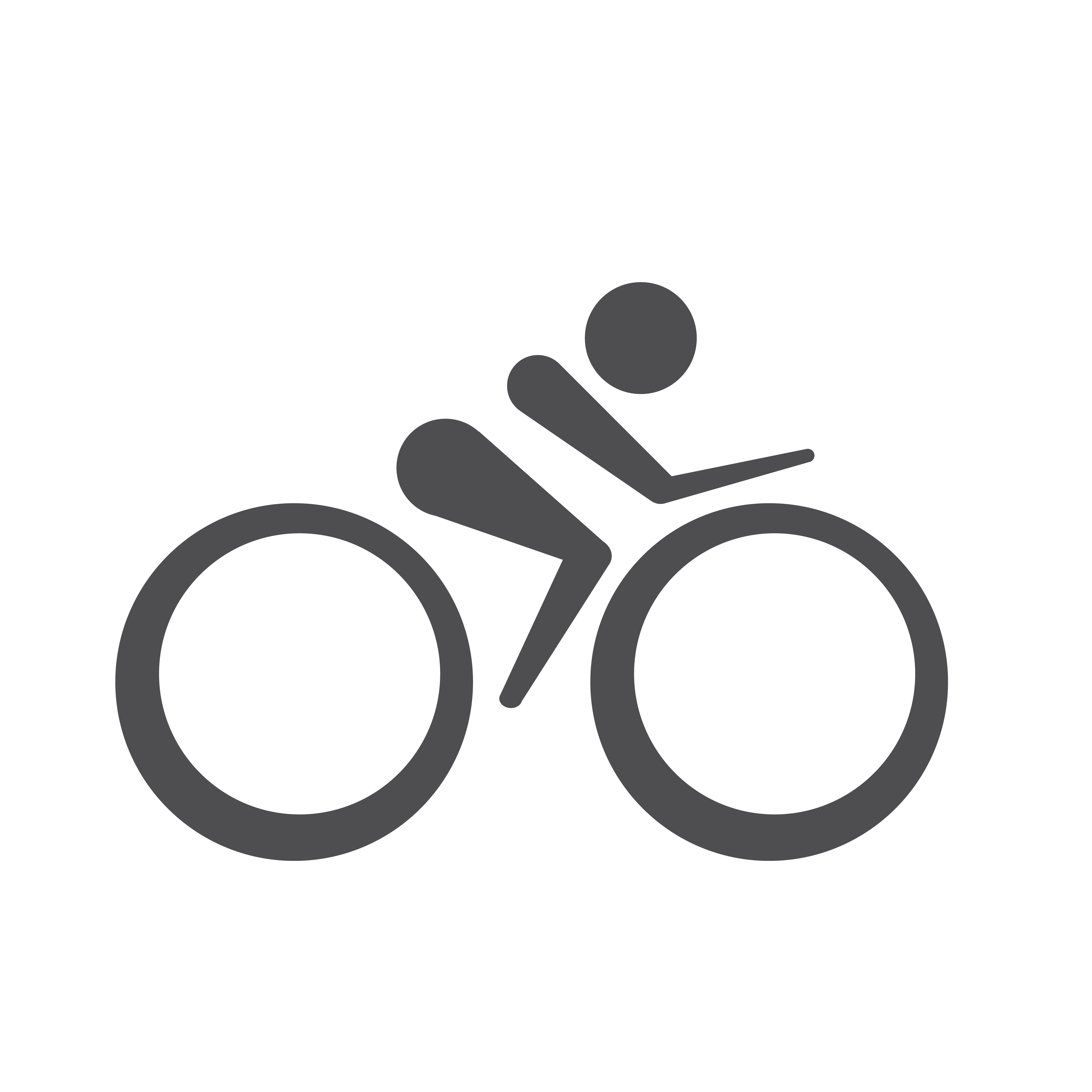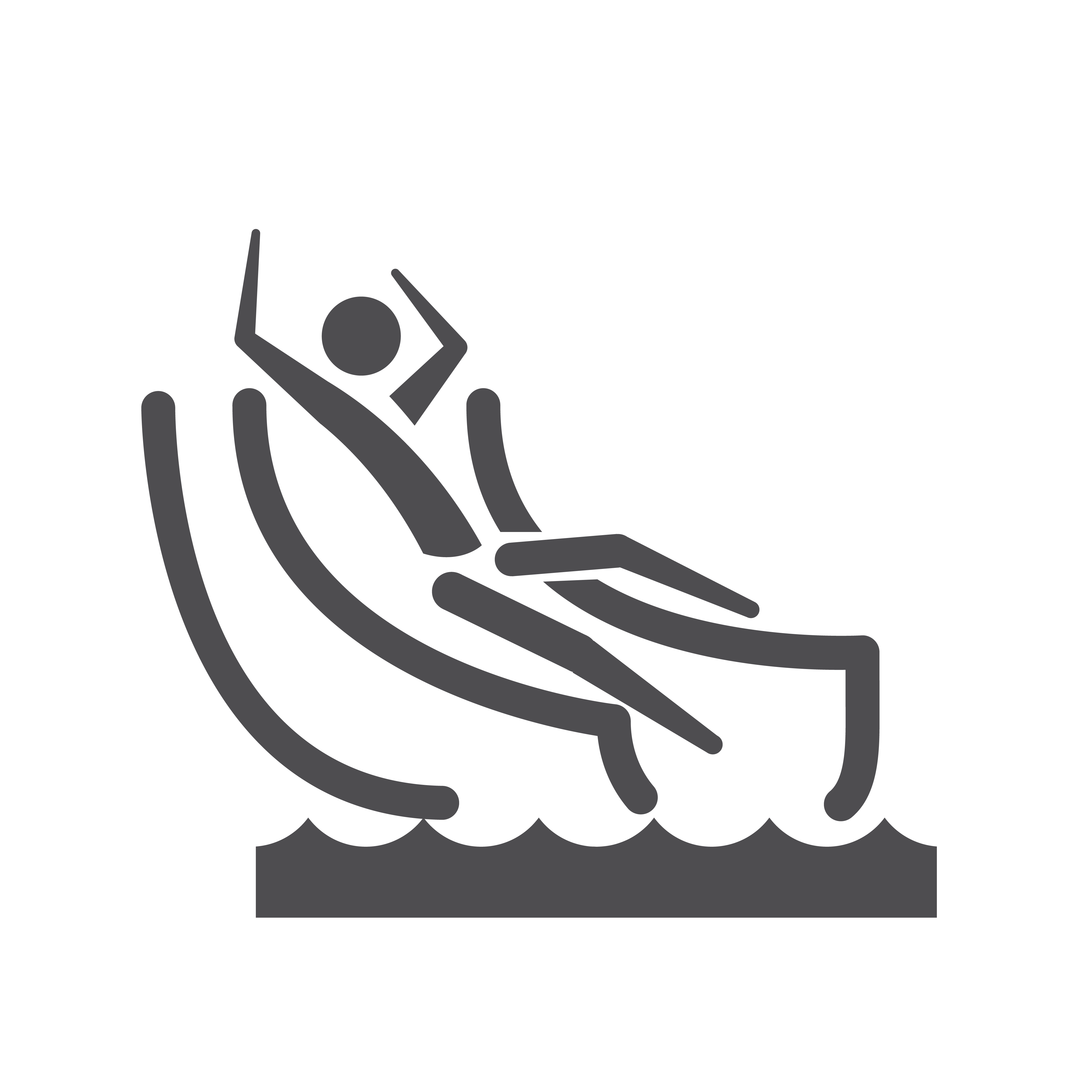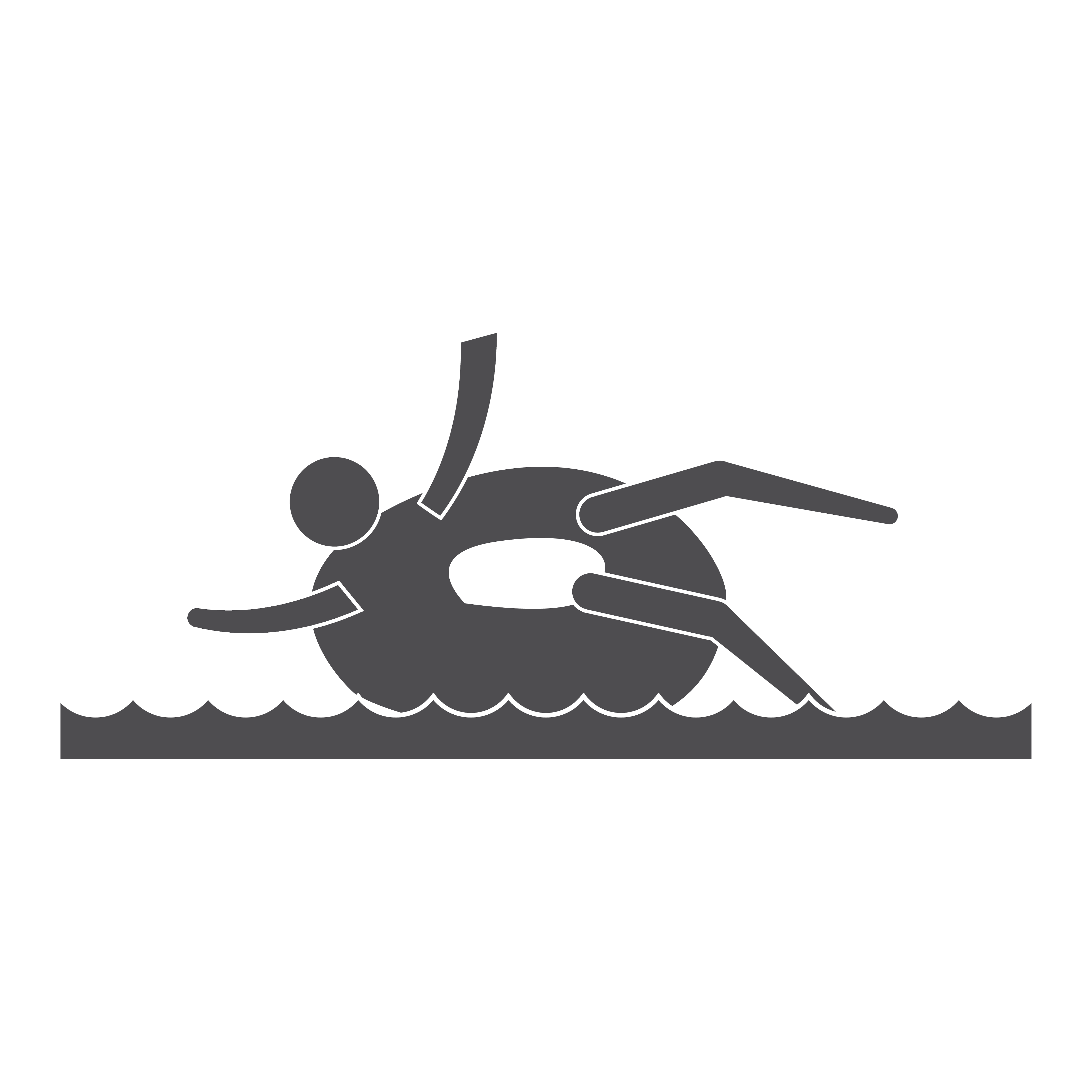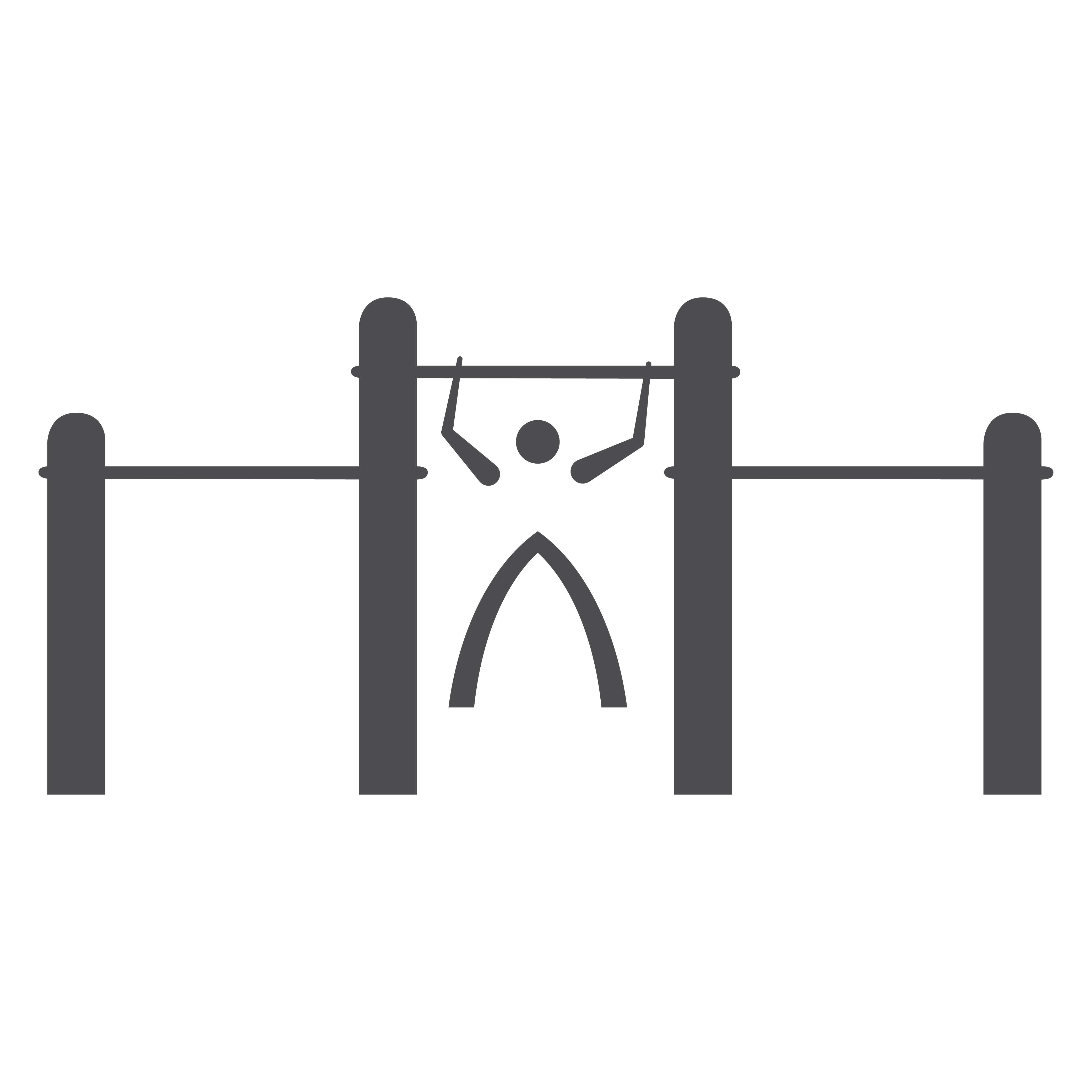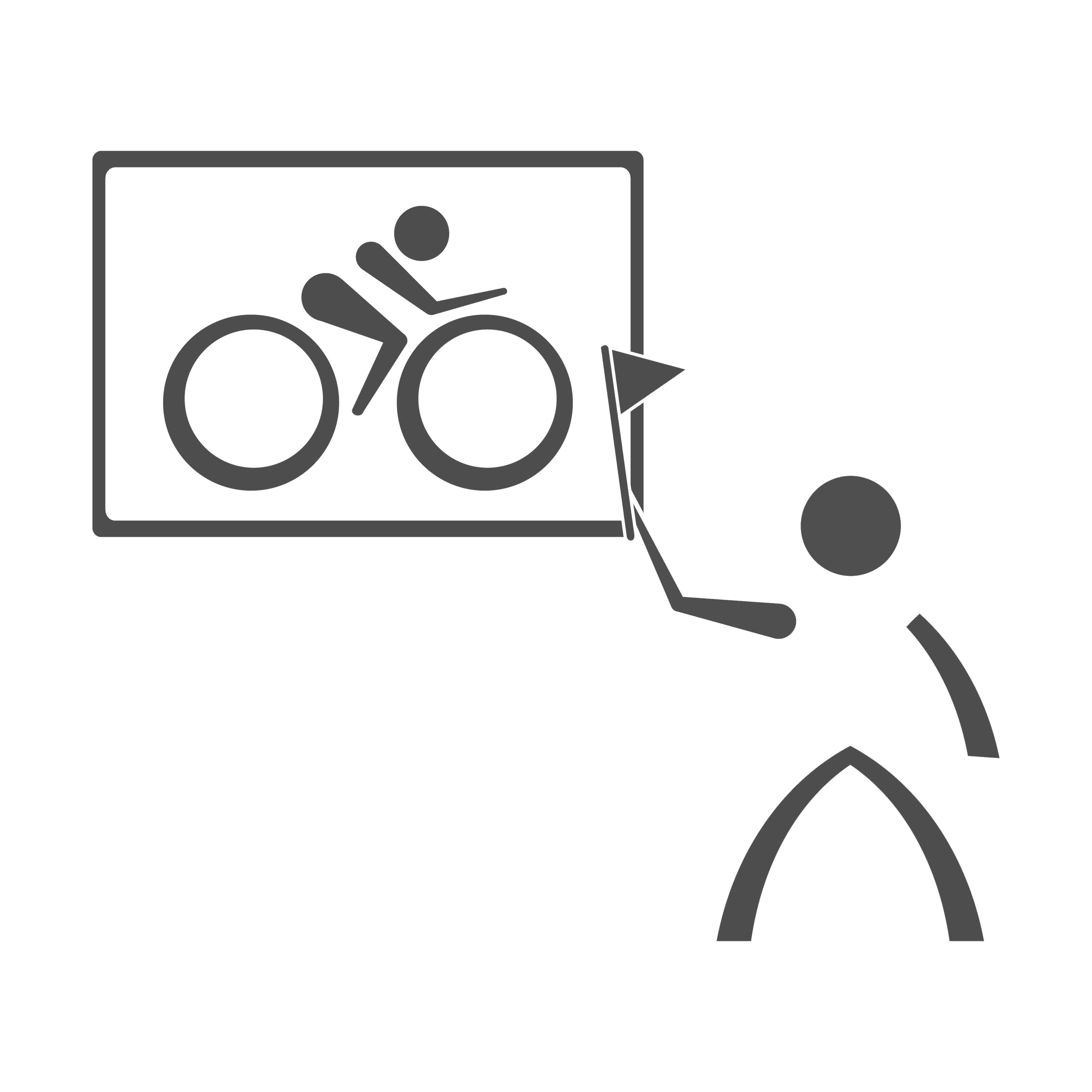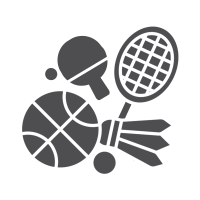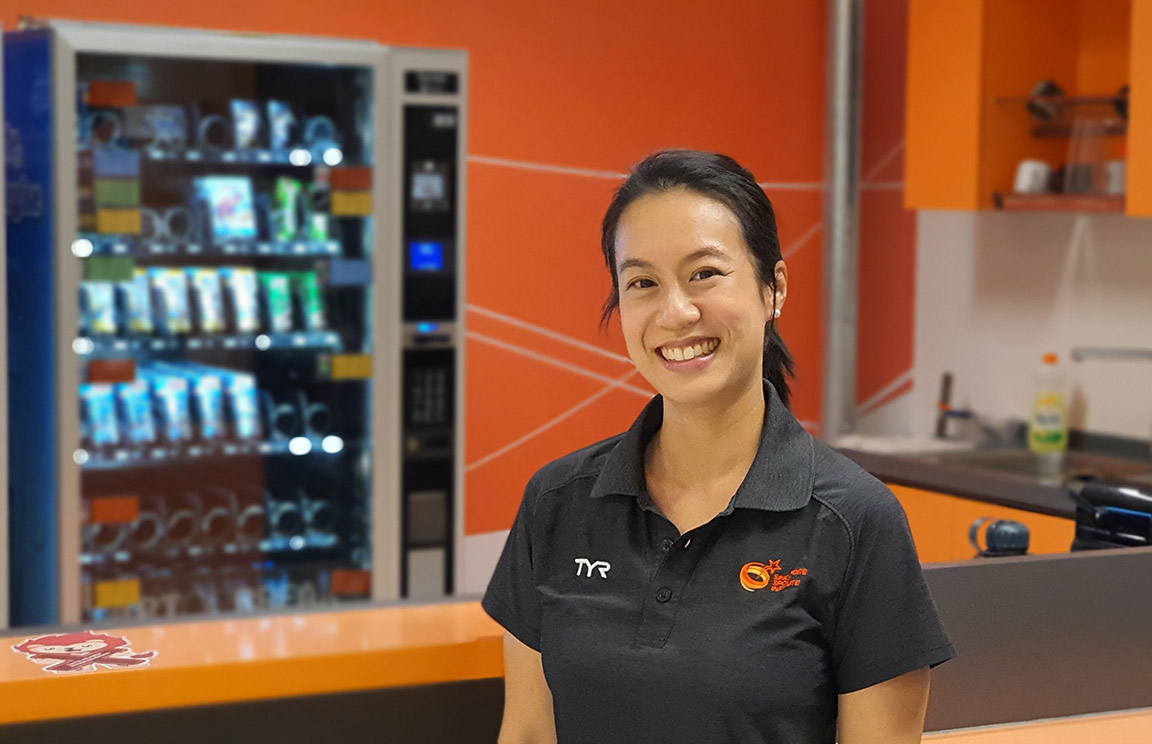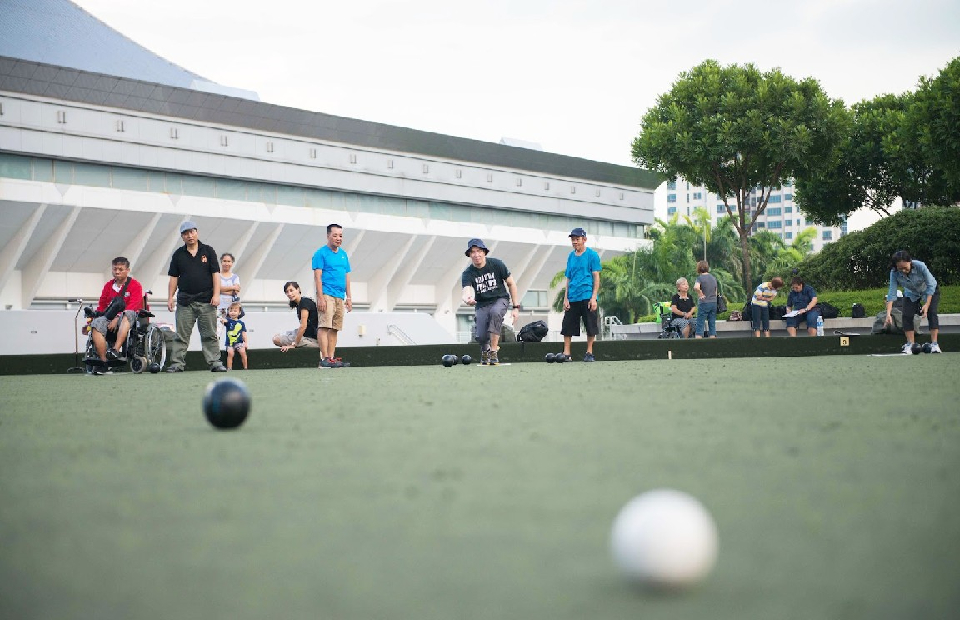Cheryl enjoys sharing her wealth of knowledge with recreational and professional athletes alike.
PHOTO: ANDRE FROIS
Eating right plays an integral role in achieving your fitness goals, reckons Cheryl Teo, an alumnus of Flinders University in Adelaide, who subsequently completed a Master of Science by Research in 2018.
She has advised athletes of sports like athletics, football, kayaking, silat and waterpolo, and is currently working with several silat world champions and kayakers who are multiple SEA Games medallists.
Cheryl divulges that her love for food, and trying new flavours and cooking methods got her interested in becoming a dietitian.
“I went through a confusing period during primary and secondary school when I was put in the ‘Trim and Fit’ programme to lose weight. My recess breaks were replaced with exercise sessions. At that point, food seemed to be something I should not have, as I was told to be a certain weight to be in the ‘healthy BMI’’,” reveals Cheryl, who conducts group workshops and cooking sessions with athletes, body composition assessments and individualised consultations.
She and her team also occasionally travel with sports teams to support them at their training camps and competitions, pre-covid. She also conducts research in collaboration with various universities and tertiary institutions. A lot of her time is spent keeping up to date with the latest research in nutrition and other sport science disciplines.
“I was enrolled in a Home Economics course which was a blessing in disguise as it kept me in touch with my love for food. I stumbled across the nutrition and dietetics course while looking for a degree of choice which made me realise that food can be used as medicine. I have never looked back since. Today, I am in an extremely privileged position of having both the knowledge and experience to influence and guide athletes towards optimising their body composition and their diets to maximise sporting potential. What’s more, I also had multiple opportunities to work alongside chefs at several major games, including the SEA Games 2015, and the Rio and London Olympics. I am very lucky to be where I am today!”
Here To Play: Hi Cheryl! As a broad outline, how should a power athlete (e.g. powerlifter, high jumper) eat in order to do well in his or her sport?
Cheryl Teo: Power athletes have high training intensities and volumes, which require optimal fuelling and recovery. A whole food diet that includes all food groups — carbohydrate, protein, fruits and vegetables — and good variety within each food group is essential. I highly encourage athletes to eat a rainbow to provide the body with anti-inflammatories to aid recovery and boost training adaptations.
Conversely, what kind of nutrition plan would you recommend an endurance athlete (e.g. long-distance swimmer, marathoner)?
The approach would be similar to power athletes, with a focus on whole foods, and variety within each food group to promote optimal fuelling and recovery. What differentiates a power athlete from an endurance athlete is the training programme and the role of nutrition is to complement the training programme. The nutrition plan should also be periodised to match the demands of the programme. For example, a marathoner’s training programme may include a mix of easy long runs to build endurance and tempo runs for speed. Tempo runs would require a diet well fuelled with carbohydrates to support the high intensity as compared to long runs.
What nutrition tips can you give a regular person who is trying to gain muscle?
A good distribution of quality protein throughout the day is key! Plan to have a meal or snack four-hourly that contains at least 25g protein. I would emphasize on a protein-packed breakfast to start off the day (for example, scrambled eggs on toast or a quick banana yoghurt smoothie) as that often is the meal that most would fall short on protein consumption.
What nutrition tips can you give a regular person who is trying to lose fat?
Consider including fibre in the form of fruit and vegetables at every meal. A protein-rich breakfast to start off the day is also recommended as protein is highly satiating. For example, one could have a veggie omelette with a side of berries for breakfast. I would also encourage reducing intake of added sugar, especially sugary drinks and opt for water instead.
What’s the most important thing that people need to know about eating well, and eating right to suit one’s lifestyle?
Aim to build a sustainable habit. Consistency in the little things has far greater effects than doing everything perfectly.

